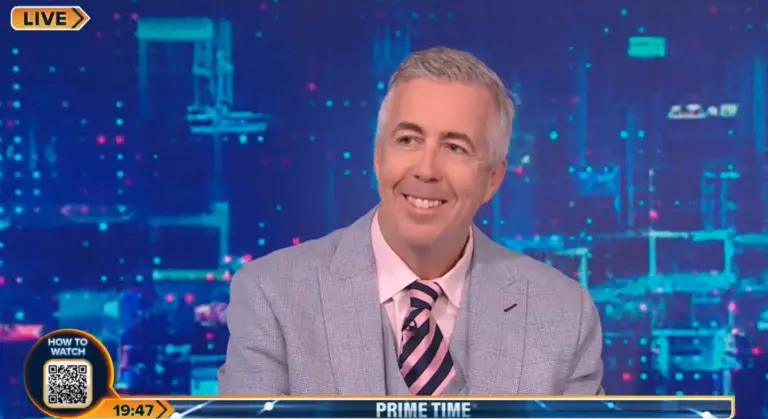The article was originally published here on the Ridouts HSJ website.
If handled poorly, a crisis can compromise the reputation of a trust and damage the confidence of local communities
It is an unfortunate inevitability that crises can and do happen in the healthcare industry.
If handled poorly, they can compromise the reputation of a trust and damage the confidence of local communities, service users, families and commissioners. It is therefore vital that crisis management is handled by people who have a profound understanding of this sector.
Political Lobbying and Media Relations (PLMR) is one such company that offers specialist healthcare crisis management expertise. Our consultants regularly comment in national and international media and sector publications. Whether it is elderly care, complex needs, or mental health provision, our services are based on years of experience.
Here are my five top tips on how a trust can successfully navigate a crisis whilst maintaining its reputation and public confidence.
Have the right strategy in place
A tailor-made communications strategy will deliver the right messages to the right people at the right time and minimise the impact of a crisis.
Reputation wise, your staff can be your biggest champions or your harshest critics. Good internal communication is therefore essential − one in four patients gain their impressions of the health service directly from friends and family who work in the NHS.
Getting this right will make it a lot easier to communicate externally.
Investigate and manage the crisis
If there is an issue that is verging on a crisis, there is no point in waiting until it surfaces in the media. By then it is too late.
Establish an emergency response team and evaluate the effectiveness of your current crisis plans. Predict and prepare for the likely scale and nature of media interest. Identify who your potential spokespeople are and provide emergency media training where necessary.
You should provide ongoing briefings to key stakeholders throughout the crisis and consult with your legal advisers about particularly sensitive issues.
Get the right advisers to support you
On an average day, three of the nation’s top stories involve the Department of Health, which fields more than 1,000 media calls a week.
In an era of fundamental organisational and structural change within the NHS, the Mid Staffordshire inquiry, efficiency savings and difficult decisions on service provision, trusts need crisis communications advisers to ensure all audiences get accurate and authoritative information.
These advisers can use their experience on handling media enquiries, distributing the appropriate statements to journalists, advising on the right media strategy and “taking the heat”, allowing the decision makers to remain focused on what they do best.
Communicate an accurate and consistent message
Successful crisis management demands a swift response but it has to be accurate.
Succinct briefing notes and message discipline are essential to quash unfounded speculation and to ensure the media reports on the most relevant information.
As the dust settles, you should look to move forward from a crisis.
Open dialogue with journalists to maximise the chance of positive coverage in the future. Build relationships with key external “opinion formers” because when times are difficult it helps to have them knowing what it is like to run a trust and supporting you in public.
Don’t be bullied, but show you are addressing any failings
Patients are central to all that you do. In an age of openness, accountability and transparency, healthcare is one of the most complicated and emotionally charged subjects.
You must show you are addressing any failings by putting adequate and robust safeguards in place and remember to be honest with the public. You cannot hide and hope that nobody notices.
You should be prepared to change your approach as the crisis develops in order to protect your reputation and if any of the coverage is unfair, consider seeking legal advice.
Failing to communicate without considering these risks may cause reputational damage that will cost a lot more to a trust in the long run.




